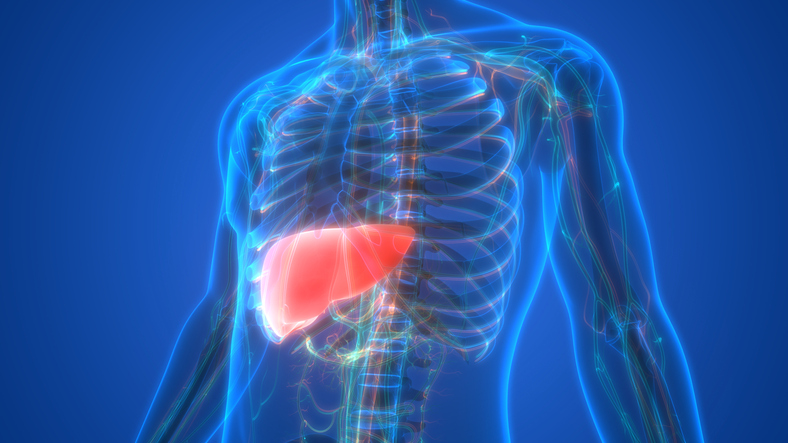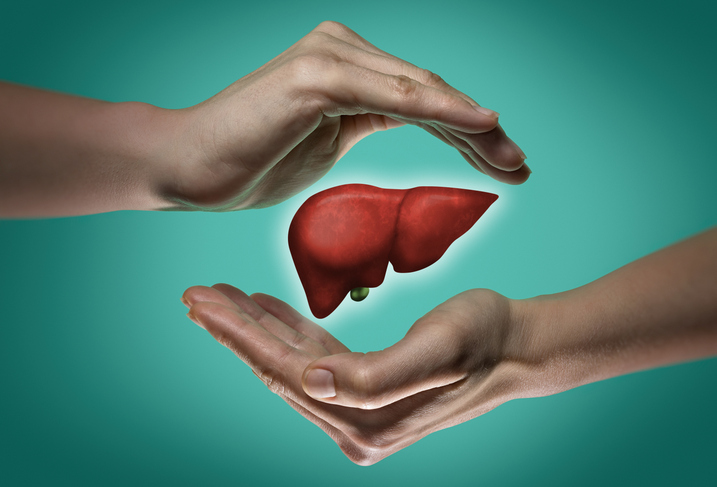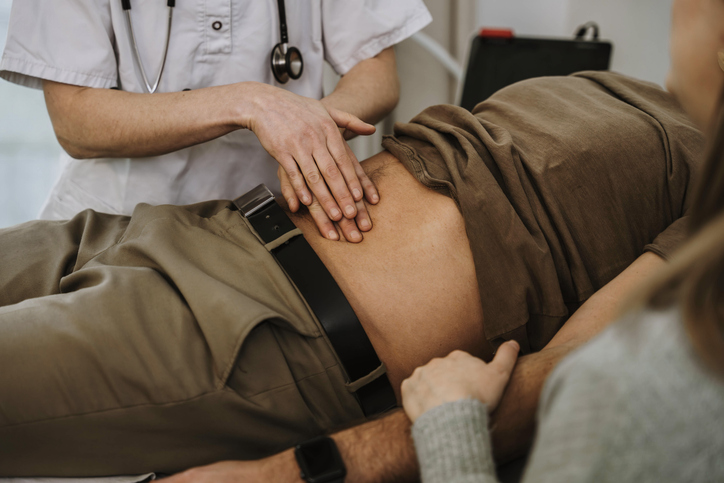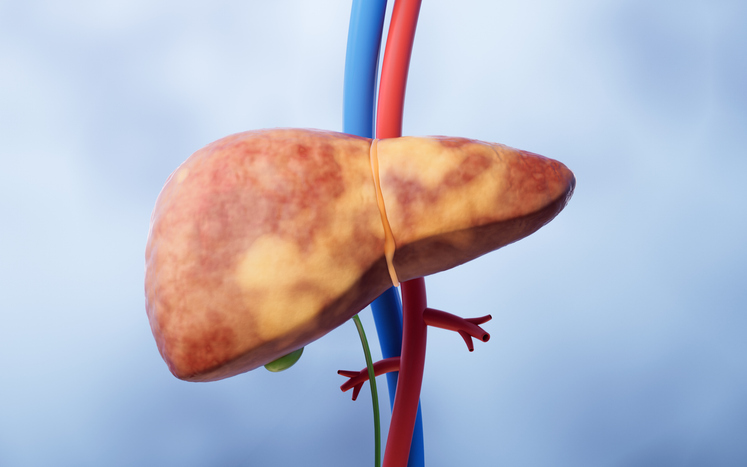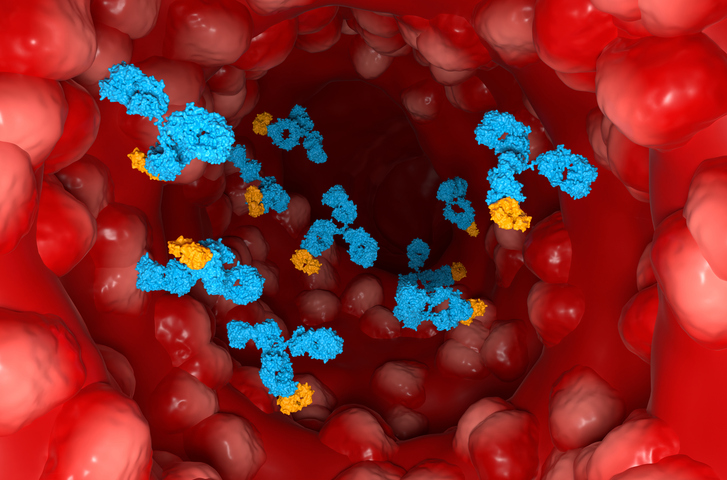Highlights from ACG2024
Focus On Fatty Liver Disease / NASH
DAY 3 - Metabolic Dysfunction-Associated Steatotic Liver Disease: A New Entity with Its Own Rules
With a new name and the development of new treatment modalities come new opportunities and challenges for clinicians who manage patients with metabolic dysfunction-associated steatotic liver disease (MASLD). Formerly known as non-alcoholic fatty liver disease (NAFLD), MASLD has emerged as a unique entity that reflects a new epidemiologic reality, in which metabolic risk factors have become important drivers of steatotic liver disease. The latest advances in screening modalities and the evolving treatment landscape of MASLD were the focus of multiple presentations at the ACG 2024 Annual Scientific Meeting in Philadelphia, Pennsylvania.
November 7, 2024
Read moreDAY 3 - Higher-Dose Resmetirom Is the Best Strategy for Overweight Patients with Metabolic Dysfunction-Associated Steatohepatitis
The latest analysis of data from the ongoing MAESTRO-NASH clinical trial confirmed that patients with metabolic dysfunction-associated steatohepatitis (MASH) and fibrosis who have a high body weight (>100 kg) need a higher dose of resmetirom to achieve optimal histologic response.
November 7, 2024
Read moreDAY 3 - Endohepatology Updates: From Biopsies to Pressure Measurements
Metabolic dysfunction-associated steatotic liver disease (MASLD) has emerged as the most prevalent chronic liver condition, affecting up to 25% of individuals globally. With the growing obesity epidemic, rates are projected to rise, leading to increased complications such as cirrhosis, portal hypertension, and hepatocellular carcinoma.
November 7, 2024
Read moreDAY 3 - Acute and Chronic Vascular Disorders of the Liver – Role of Anticoagulation
Updated recommendations are changing how doctors manage hepatic vascular diseases. At the American College of Gastroenterology (ACG) 2024 Annual Scientific Meeting in Philadelphia, Pennsylvania, Dr. Simona Jakab, Chief of Klatskin Liver Inpatient Service at Yale New Haven Health, presented updated guideline-based recommendations for the diagnosis and management of portal vein thrombosis (PVT), Budd-Chiari syndrome, and veno-occlusive diseases.
November 7, 2024
Read moreMore Summaries
DAY 1 - The Risk Factor Profile of Non-Alcoholic Steatohepatitis Continues to Evolve
Changes in the epidemiological landscape of non-alcoholic steatohepatitis (NASH) underscore the need for interventions that target metabolic risk factors, according to an analysis presented Monday at the American College of Gastroenterology 2024 Annual Scientific Meeting in Philadelphia, Pennsylvania.
November 5, 2024
Read moreDAY 1 - Correlation and Assessment of Small Bowel Lesions Using Cross-Sectional Imaging Techniques vs Small Intestinal Contrast UltraSonography in Known Crohn’s Disease (CACTUS-CD Trial)
Accurate assessment of small bowel involvement in Crohn's disease (CD) can help guide appropriate treatment and monitor disease progression. While magnetic resonance enterography (MRE) and computed tomography enterography (CTE) are considered superior methods for assessing small bowel Crohn's disease, the potential role of small intestinal contrast ultrasound (SICUS) in monitoring Crohn's disease activity has garnered attention from researchers and clinicians.
November 5, 2024
Read moreDAY 1 - Primary Sclerosing Cholangitis in the Absence of Inflammatory Bowel Disease Increases the Risk of Colorectal Cancer: A Propensity-Matched Cohort Study
Patients with both Primary sclerosing cholangitis (PSC) and Inflammatory bowel disease (IBD), particularly ulcerative colitis, face the risk of developing colorectal cancer (CRC). Recognizing this risk, the American College of Gastroenterology (ACG) and the American Gastroenterology Association (AGA) recommend annual surveillance colonoscopies for PSC patients with IBD.
November 5, 2024
Read moreDAY 1 - Getting It Right the First Time: Choosing the Optimal Treatment Option for Your IBD Patient
"How would you choose the best therapy for a patient with inflammatory bowel disease (IBD) in 2024?" Asked Dr. Siddharth Singh, Associate Professor of Medicine at the University of California San Diego, during his presentation at the American College of Gastroenterology (ACG) 2024 Annual Scientific Meeting in Philadelphia, Pennsylvania.
November 5, 2024
Read moreDAY 2 - Post Liver Transplantation Management of Alcohol Use Disorder Lowers Mortality and Risk of Relapse
Patients with alcohol-related liver disease (ALD) face alarmingly high relapse rates of 30-50% and a 5-year mortality rate of 20% after liver transplantation (LT). These concerning statistics underscore the critical need for effective interventions to prevent alcohol use disorder (AUD) relapse and improve long-term outcomes. ALD has emerged as a leading indication for LT worldwide, presenting significant challenges in post-transplant management and emphasizing the importance of developing strategies for this vulnerable patient population. However, knowledge of optimal management of AUD post-transplantation remains limited.
November 6, 2024
Read moreDAY 2 - Clinical Characteristics of Patients Older Than 70 Years Registered for Liver Transplantation: Analysis of 22 Years Data From UNOS Registry
The increasing number of elderly patients registered for orthotopic liver transplantation (OLT) presents unique challenges due to their higher likelihood of comorbidities, reduced physiological reserves, and increased frailty. However, a lack of large-scale studies has led to a significant knowledge gap regarding the clinical features of elderly transplant candidates.
November 6, 2024
Read moreDAY 2 - Impact of Sex on Liver Transplant Waitlist and Post-Transplant Outcome by Disease Etiology
Liver transplantation is a critical intervention for end-stage liver disease, but access to this life-saving procedure is affected by factors such as sex and disease etiology. Due to higher waitlist mortality (WLM) observed among females, the Model for End-stage Liver Disease (MELD) 3.0 was introduced in July 2023 to improve liver allocation. However, a significant knowledge gap remains regarding how liver disease etiology influences sex-based waitlist outcomes.
November 6, 2024
Read moreDAY 2 - On-Demand Telehealth Platform Streamlines Care for Individuals with Gastrointestinal Symptoms Who Do Not Need Hospitalization
Gastroenterology (GI) practices can successfully integrate on-demand telehealth services, which represent an effective tool for reducing unnecessary emergency department (ED) visits. Specialized care provided over a telehealth platform may also solve the problem of long wait times, which are currently experienced by patients in most practices nationwide, according to findings presented Tuesday at the ACG 2024 Annual Scientific Meeting in Philadelphia, Pennsylvania.
November 6, 2024
Read moreDAY 2 - Regular Exercise May Change the Health Trajectory for People with Metabolic Dysfunction-Associated Steatotic Liver Disease
Engaging in regular physical activity may improve the metabolic profile and health outcomes of individuals living with metabolic dysfunction-associated steatotic liver disease (MASLD), according to an analysis of data from the Global Non-Alcoholic Steatohepatitis (NASH)/ Non-Alcoholic Fatty Liver Disease (NAFLD) Registry.
November 6, 2024
Read more